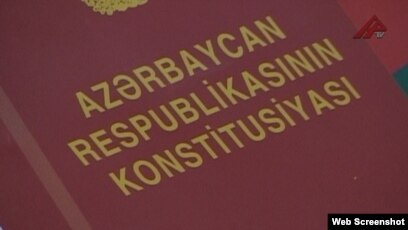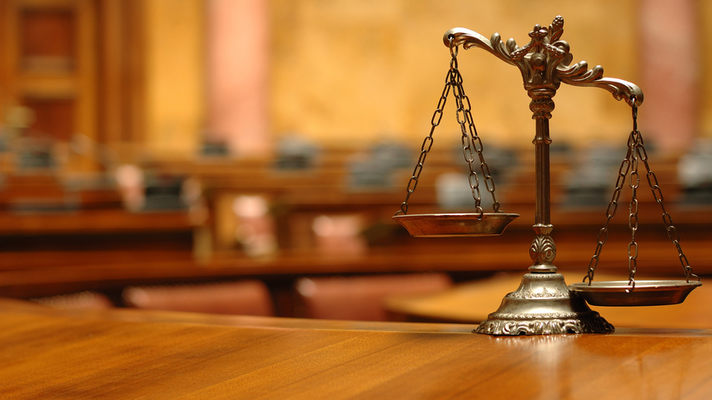
Experienced people are needed for the post of mediators, Chairman of the Committee on Regional Affairs Siyavush Novruzov said in his speech in the Azerbaijani Parliament. During the discussion of a number of laws, including the bill on amendments to the Law on Mediation, the MP said that now this function has been taken over by TV channels: “Those who cannot get a normal family come and teach family lessons on TV, citizens are insulted, family secrets are revealed, for the rating of the show they humiliate people. The program may go well, but this citizen also has relatives, friends and acquaintances.” The MP noted that these are legal issues and the family secrets of citizens are protected by the constitution and other laws, they cannot be disclosed in the TV program.
According to Part II of Article 32 (Right to Personal Immunity) of the Constitution of the Republic of Azerbaijan, everyone has the right to confidentiality of personal and family life. Interference with private and family life is prohibited, except as otherwise provided by law. Everyone has the right to the protection of the law against such interference or attacks. Part III of the same article states that the collection, storage, use and dissemination of information about one’s private life without one’s consent is not allowed. Except as otherwise provided by law, no one may be monitored, videotaped, photographed, audiotaped or otherwise subjected to surveillance without his or her knowledge or despite protest.

According to section 3.0.4 of the Article No. 3 of the Law on Prevention of Domestic Violence (Basic Principles in the Field of Prevention of Domestic Violence), confidentiality must be observed in order to protect the privacy of personal and family life. In addition, Article 12 (section 12.3) of the same law states that in order to prevent the disclosure of personal and family secrets of the parties, as well as to ensure the interests of minors, the law provides for the issuance of a long-term protection order, which may be considered in a closed court session in accordance with the established procedure.
Also, as required by Article 17 (section 17.2 of the Law on Ensuring Confidentiality in Assistance to Victims), during the investigation of domestic violence complaints, collection of statistics on domestic violence, confidentiality of information, personal and family secrecy must be maintained in the provision of assistance to victims.
Article 199 of the Criminal Procedure Code of the Republic of Azerbaijan (protection of personal and family secrets) provides for measures to protect personal and family secrets during criminal proceedings. Section 199.4 of the article states that evidence disclosing personal or family secrets must be examined in a closed court session.
According to Article 156 of the Criminal Code of the Republic of Azerbaijan (violation of privacy), disclosure of personal and family secrets is a criminal offense. Thus, according to Part 156.1 of this Article, illegal collection of information, documents, video and photo materials, audio recordings, as well as sale or transfer of confidential information of personal and family life, shall be punishable by a fine of 1,000 to 2,000 manat, or from 240 to 480 hours of community service, or up to one year of correctional labor.

In case if the same deeds are committed by an official using his or her official position; when committed using remote-controlled unmanned aerial vehicles; such persons shall be punished by restriction of liberty for a period up to two years or by imprisonment for a term up to two years with or without deprivation of the right to hold a certain position or engage in certain activities for up to three years.
The Law on Television and Radio Broadcasting defines the inadmissibility of interference in people’s private and family life as the main principles of television and radio broadcasting. Thus, according to Article 3 of the law, the broadcaster must ensure the comprehensiveness, objectivity, completeness and accuracy of information, freedom of expression of citizens’ views and opinions, ideological and political pluralism, impartiality, inadmissibility of interference in people’s private and family life based on the principles of protection of moral values, observance of professional ethics and moral norms, quality of TV programs.
Section 40.2.4 of Article 40 of the law, which defines the rights and responsibilities of broadcasters, states that people’s personal and family life, business reputation, honor and dignity must be treated with respect.

By the way, the third principle of the Rules of Professional Conduct of Azerbaijani Journalists is related to the protection of honor and dignity, the inviolability of private life. According to these rules, a journalist cannot disseminate facts about the private lives of citizens without their consent, unless they affect the interests of society, the law or are of public importance.




















